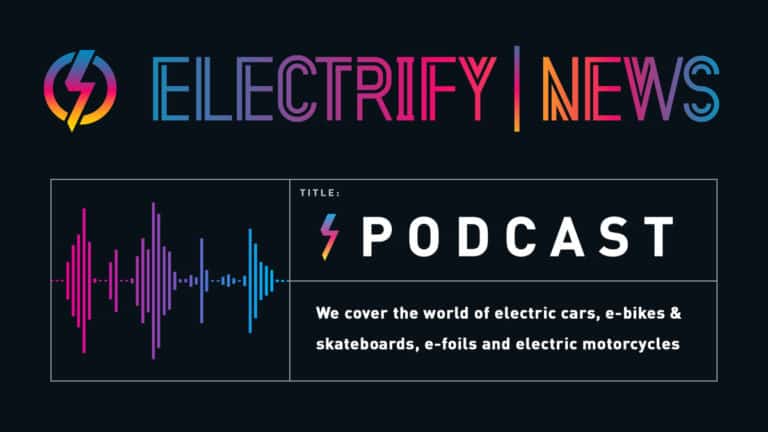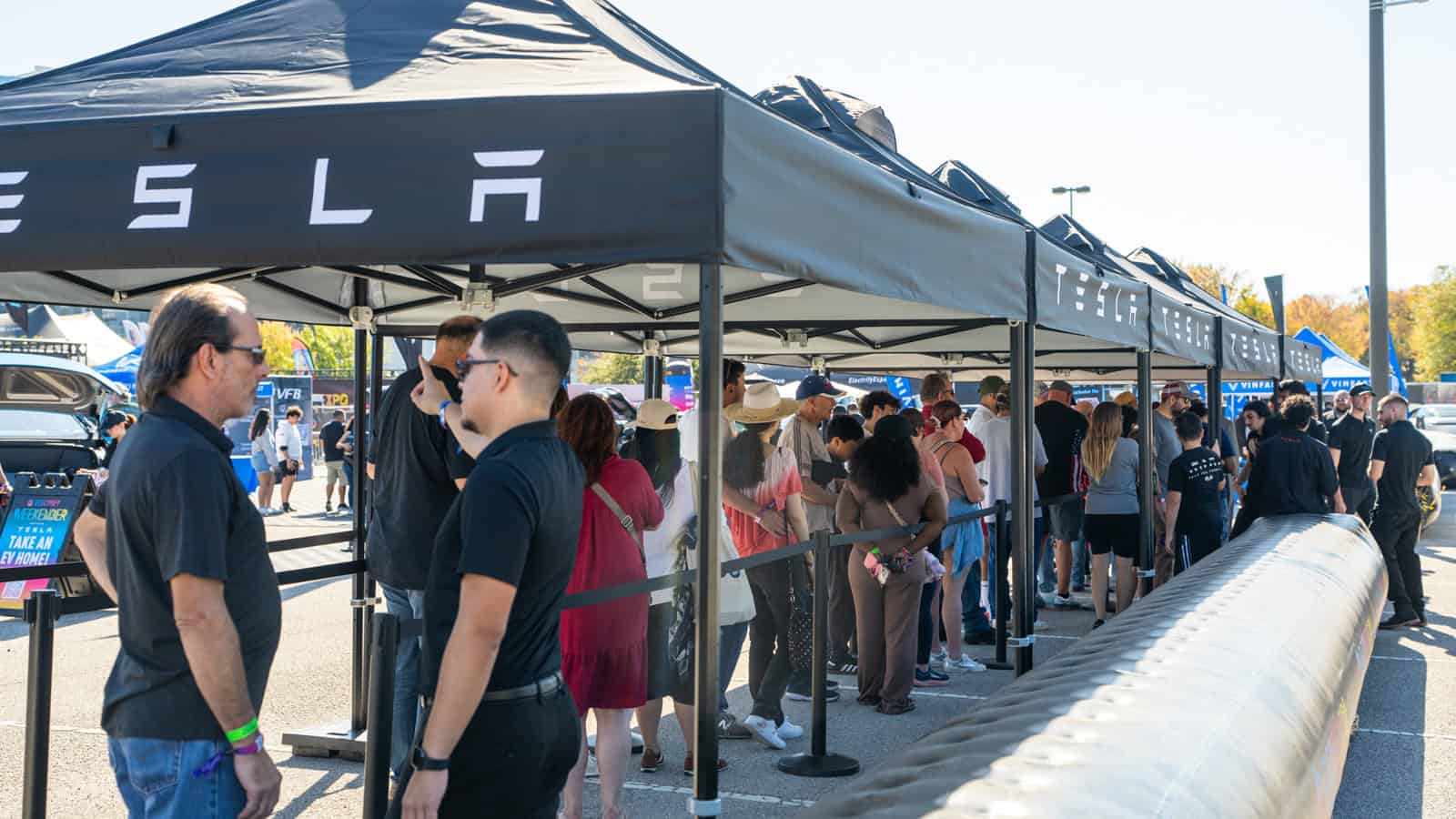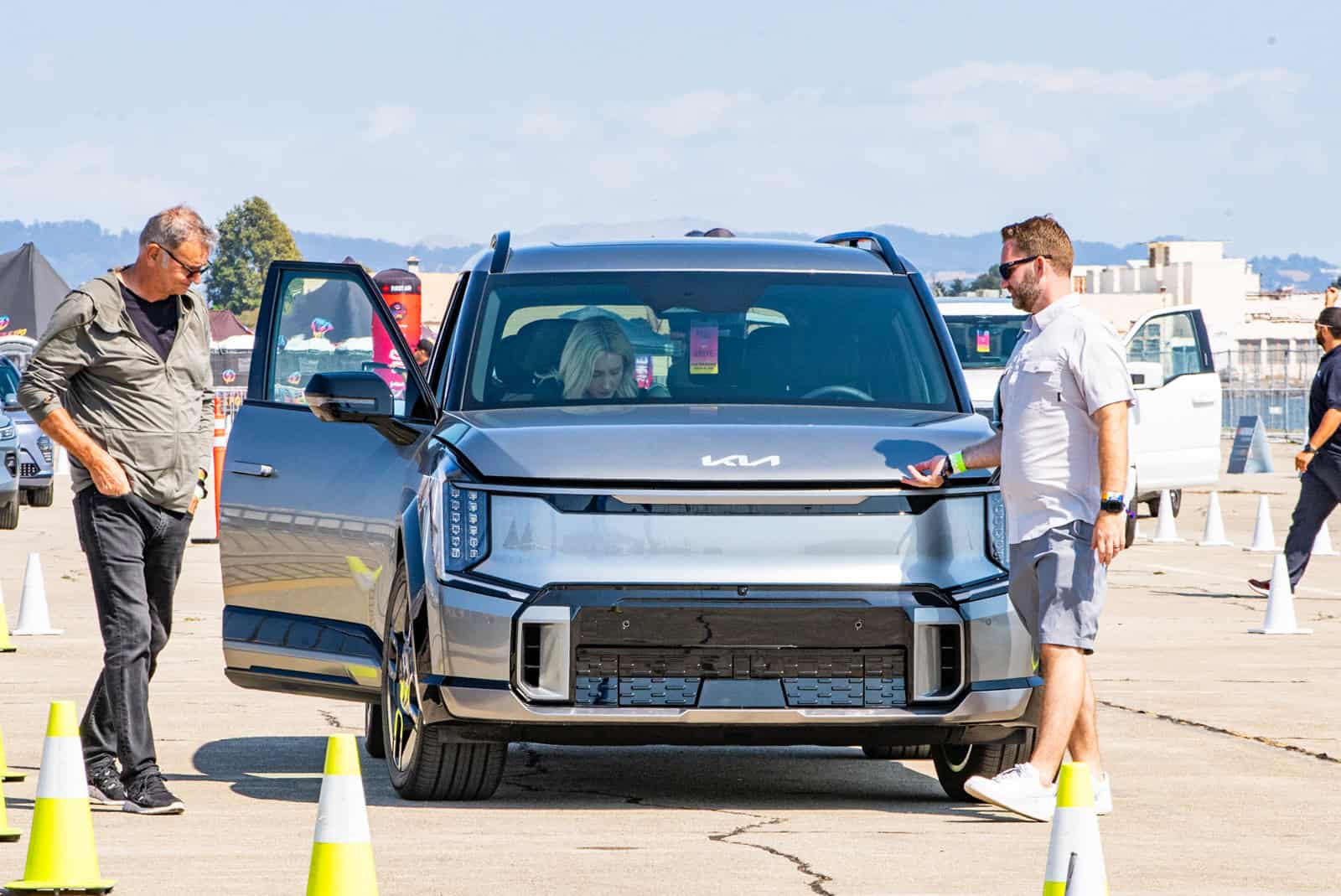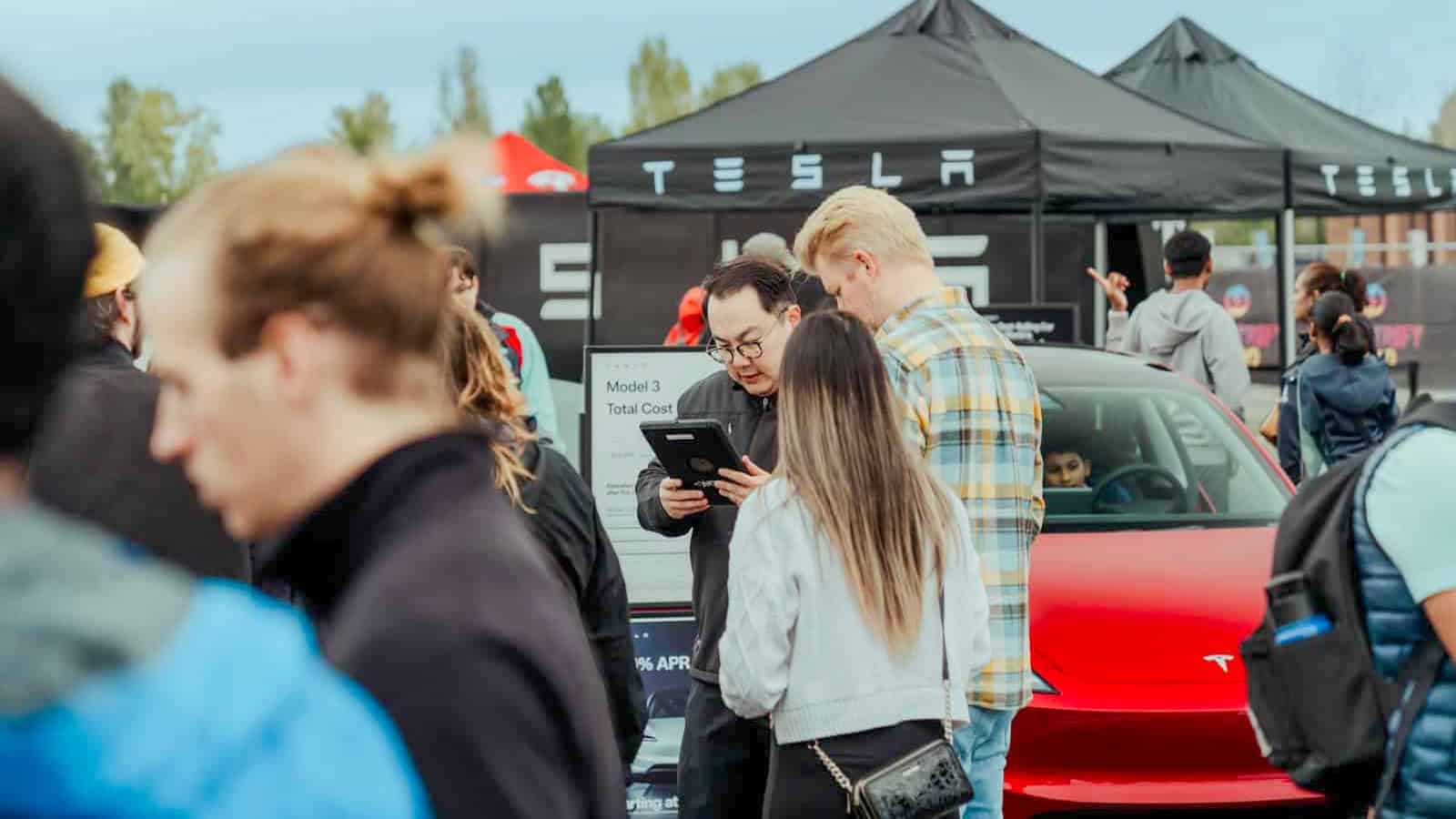- Sources told the Wall Street Journal that tariffs on China’s low-priced EVs are set to increase to 100% as of May 14.
- Section 301 tariffs against Chinese EVs were first implemented in 2018, and the Biden administration’s decision was based on a years-long review.
- Supporters of the tariffs say they protect the American economy and jobs, while opponents say the tariffs make U.S. EV producers uncompetitive within the global market.
On May 10, 2024, the Wall Street Journal reported that the Biden administration is set to raise tariffs on various clean-energy goods from China, including EVs. The new China tariffs are expected to come on May 14.
U.S. trade barriers against Chinese EVs, such as BYD and Nio, are expected to roughly quadruple, bringing the level to 100%. A significant number of U.S. lawmakers want Biden to hike tariffs on Chinese-made vehicles, in a misguided effort to protect American jobs.
The most compelling example of a cheap Chinese EV is BYD’s Seagull, priced under $10K. In a comparison against Chinese brands, Tesla doesn’t fare well.
ADVERTISEMENT
Cheap Chinese EVs Seen as a Threat; However Increasing Tariffs Is Not the Answer
Sources familiar with the matter reported to Wall Street Journal that the tariffs will also apply to critical minerals, solar goods, and batteries sourced from China. The decision is based on a years-long review of Section 301 tariffs, which were first put into place in 2018.
“Instead of correcting its wrong practices, the United States continued to politicize economic and trade issues,” Lin Jian, a Chinese ministry spokesman, said. “To further increase tariffs is to add insult to injury.”
The increases in the tariffs would likely have little impact on Chinese EV companies, as only a few are currently sold in the U.S. One example is Volvo’s EVs. While Volvo is based in Gothenburg, Sweden, it is owned by Zhejiang Geely Holding of China. The long-term impacts would likely be a growing rift between the U.S. and China, creating ongoing, multiple problems for U.S.-based EV producers, including decreased competitiveness.
Tariffs Against Chinese EVs Will Slow American EV Adoption, Harming U.S. Economy
Bill Russo, automotive industry expert and Founder, Chairman and Board Director of Shanghai, China-based Automobility Ltd., said:
“If 100% tariffs were a missile aimed at Beijing, it landed on Detroit. Tariffs are best used as a tool to cause manufacturers to favor domestic production and sourcing — which is preferred for obvious reasons. The issue here is they are being levied for one particular product type (EV) from only one country (China) in order to protect a domestic industry (automotive) where domestic players are uncompetitive in that product type. Tariffs will not make them more competitive and will slow the transition to EV.”
Russo continued: “Washington has confused ‘national security’ with ‘security blanket.’ It is in the national security interest to pave a path to decarbonization of the transport sector leveraging a domestically secured clean energy supply chain. However, these tariffs instead create a security blanket for an automotive industry that would rather continue to extract short-term profits from products linked to the oil and gas supply chain.”
Tariff Increases Follow a Flurry of EV Political Activity
In May, Republican Sen. John Barrasso of Wyoming introduced “The Eliminating Lavish Incentives to Electric (ELITE) Vehicles Act,” seeking to roll back federal EV incentives. It has limited support and is not expected to pass.
In May, the U.S. relaxed EV tax credit rules governing credits of up to $7,500. Under the new rules, small amounts of graphite and other critical minerals found in EV batteries would be exempt from the “foreign entities of concern” restriction until 2027. The decision will allow a wider variety of models to qualify for the credit, thereby increasing EV adoption.
ADVERTISEMENT
In April, Republican Rep. Carol Miller of West Virginia introduced the End Chinese Dominance of Electric Vehicles in America Act of 2024. Rep. Miller’s goal for the legislation is to tighten the Foreign Entity of Concern (FEOC) definition for the 30D federal EV tax credit, removing loopholes and preventing Chinese companies from profiting from EV sales that include the credit.
In April, Reuters reported that Mexico, under pressure from the U.S., is refusing to offer incentives to China for investment in EV production.
In April, President Biden signed into law a billion-dollar foreign aid package in assistance to Ukraine, Israel, and Taiwan. China is reportedly planning to annex Taiwan, by force if necessary.
Is Increasing the Tariffs on China a Good Idea?
The danger of increasing the tariffs is that they will further alienate the U.S. from China. As the EV industry leader, China is releasing most EV industry innovations. The U.S. would be better off integrating China’s innovations into its EV offerings sooner rather than later. The escalating trade war will make it more difficult for U.S. OEMs to incorporate Chinese innovations into their electric vehicle offerings.
Supporters of the tariffs say the trade restrictions protect American jobs and our economy. Opponents say the tariffs make U.S. OEMs — such as Ford and GM — less competitive in the global EV marketplace.
As Chinese President Xi Jinping arrived in Paris last week, French President Emmanuel Macron said, “We want to welcome more Chinese investors to France.”
With a more welcoming attitude to China, France’s Stellantis and Renault will have an advantage over U.S. companies, similar to VW’s partnership with Chinese EV company XPeng. These are just a few examples of how U.S. companies will face greater challenges than OEMs from other countries, who enjoy greater collaboration with China.
The U.S. is very far behind China and other countries in EV production and adoption, creating a danger to our economy in the future and preventing job growth. The U.S. may face two choices soon. One choice would be to directly subsidize U.S. EV-producing companies with billions in federal funding, as China has.
The other choice may be a massive U.S. automotive industry bailout if U.S. OEMs get into financial trouble, unable to compete with China and its partners in the global automotive market. Globally speaking, the automotive market is moving to EV from internal combustion engine (ICE) vehicles much faster than America.
The U.S. EV market is only a small part of the global EV market, and protecting American EV companies from Chinese EVs makes them less competitive in the global electric vehicle marketplace. Many industry analysts believe Tesla’s recent troubles stem from the threat of global sales of cheap Chinese EVs.
ADVERTISEMENT

FEATURED IMAGE: IAN HUTCHINSON
FTC: We use income-earning auto affiliate links. Learn more.











5 Responses
As a former Tesla Freemont CA employee and Tesla fan I see the tariffs as poor political missile against the American people. The tariffs do nothing to protect the US economy. Elon is a powerful smart business man, if the Chinese EVs were allowed unrestricted sales in the US as Elon fought for direct sales rights,by-passing the conventional Auto Dealership Franchise he would have to build what the public want, reliable cheaper EV vehicles. Not everybody wants or needs the tech. It’s ultimately the public that decide the market not a Billionaire. Let the American people decide and let the market respond. Guarantee you Elon, Lucid, Rivian, will pull thier heads out of the sand and start producing a VW for the masses as was done with the Beattle model from Germany. The most successful model ever built. Cheap and economical. Now i remember all to well what Teslas slogan or motto is. Accelerating the world’s transition to sustainable energy and the use of electric cars. Seems to me that his personal interest in self driving and super high tech luxury cars and self inspired Cyber trucks is more important than his mission.
Well said